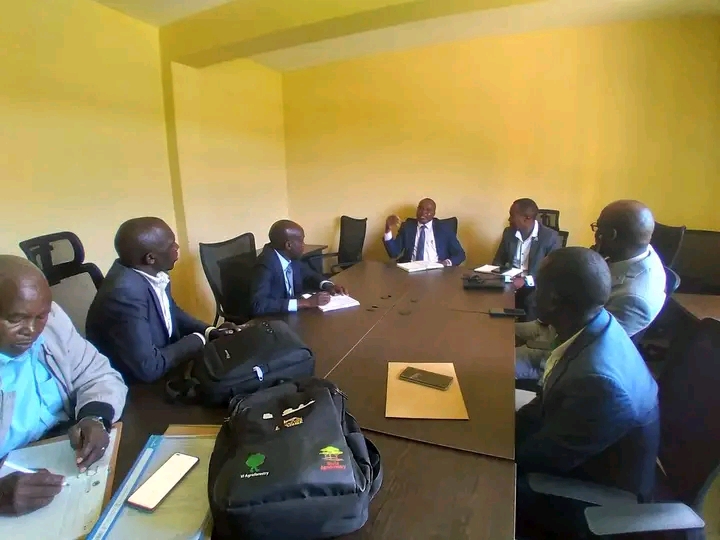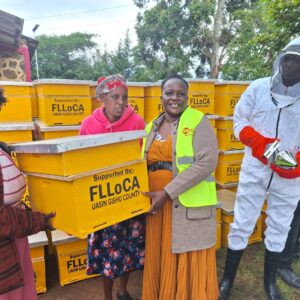
The County Government of Uasin Gishu has set the ball rolling to meet the rising demand for coffee seedlings.
This effort is part of Governor Jonathan Bii Chelilim’s Nguzo Kumi Agenda, with agriculture as the first priority area — known as Nguzo 1.
Key stakeholders meet
On Wednesday, top officials from the County Department of Agriculture, the Presidential Economic Transformation Secretariat (PETS), and the Coffee Research Institute (CRI) held a strategic meeting.
Their goal? To ensure Uasin Gishu is ready to meet the future needs of its farmers.
Why coffee?
Currently, more farmers in the county are turning to coffee. This shift is largely driven by the promise of better income.
Experts now predict that Uasin Gishu could require over 3 million coffee seedlings in the near future.
The plan in Action
To respond to this trend, county leaders are planning ahead.
One approach will be to support local cooperatives. These groups will be empowered to grow and distribute seedlings directly to their members.
Another key step will involve boosting seedling production at the Chebororwa Agricultural Training Centre (ATC). The centre is expected to produce over one million seedlings.
Early planing matters
According to Agriculture Chief Officer, Mr. Elphas Kesio, early planning is crucial for long-term success.
“Getting ready early will help us make the switch to coffee farming successful,” he said.

The message was echoed by Director of Agriculture Mr. Ken Kili and Director of the Governor’s Delivery Unit, Mr. Charles Kapkiaai.
“We are serious about making agriculture the main driver of local development,” they said.
Looking Forward
The meeting concluded with a list of action points aimed at long-term sustainability. These include better coordination, stronger partnerships, and regular tracking of farmer needs.
Indeed, Uasin Gishu is thinking ahead. With demand for coffee on the rise, the county is laying a strong foundation today to secure the success of tomorrow’s farmers.
The county’s plan blends vision with action. It prioritizes local solutions, empowers farmers, and strengthens agriculture as a pillar of economic growth.














